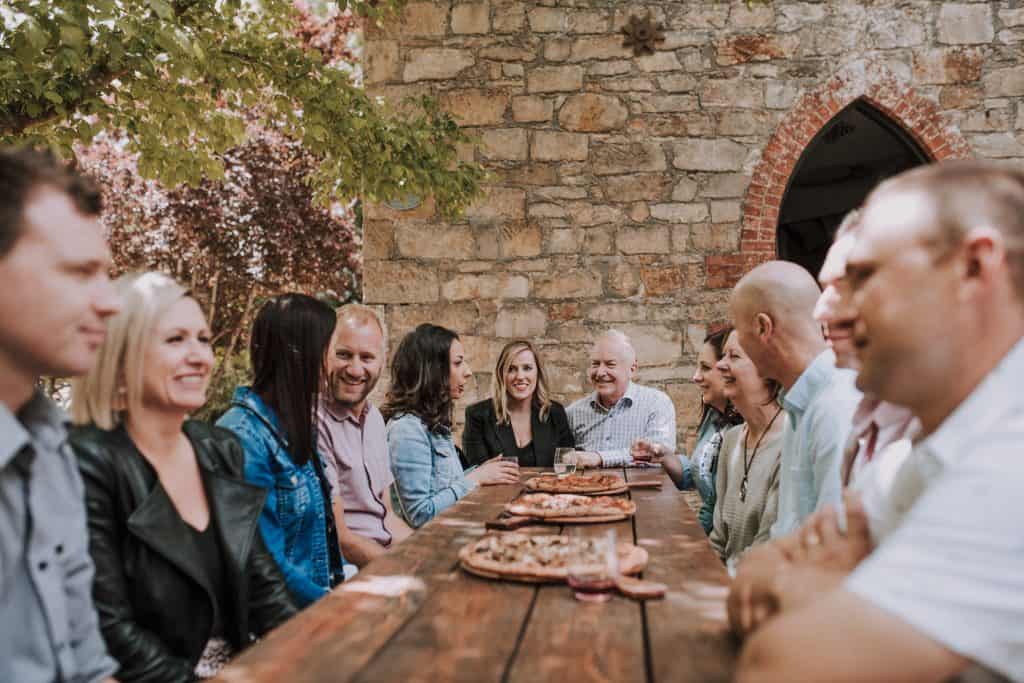KnowHow Property founder Bushy Martin writes about why our definition of ‘retirement’ is outdated and how to change the way you think, and talk, about your own post-work future.
‘When I retire I’m going to do this …’ ‘When I retire I’m going to do that …’
How many times have you said or heard that? What do you immediately think of or feel when you hear the word ‘retirement’?
Retirement is generally associated with pottering in the garden, playing bowls and bingo, looking after your grandchildren, spending winters in Queensland and perhaps volunteering in the community – a time that is generally associated with slowing down, stepping aside and letting others take charge.
The word ‘retirement’ normally conjures up negative images of a shrinking lifestyle – of surviving until you pass. The dictionary definition of retiring is ‘to depart, remove and withdraw’ – but is this what you really want for 30 years or more?
So why is it that we define retirement the way we do? Our definition has been based on a single generation in history – affectionately referred to as ‘the greatest generation’ – no generation before and no generation after will have a similar kind of retirement.
Up until the late 19th century there was no retirement. It wasn’t until 1883 that the German Chancellor Otto Von Bismarck from Prussia created the first modern pension. This pension provided financial assistance to Germans over the age of 65 who no longer wished to work.
But Bismarck was on a pretty safe bet at the time, because the average German only lived until the age of 45!
Until the last century, retirement was pretty much the same for everybody, you worked until you were no longer able to and then you died.
Then came the exception, people born in the 1920s, named ‘the greatest generation’ because they lived through the global Great Depression, then World War 2, and they were rewarded. Social security or the dole was started in the mid 1930s and corporations offered pensions and lifetime employment for the first and only time in history. You could also access free university education and together these three things provided financial and economic stability.
And for the first time in history life expectancy started to creep above 65, this generation was lucky enough to enjoy life in their golden years, but unfortunately much of our current entrenched thinking, attitudes and expectations about money and retirement comes from our parents or grandparents from this era.
So this is where we’ve got our current definition of retirement: A diminishing life after work with shrinking financial stability.
For these reasons, retirement isn’t in my vocabulary. But if we’re going to use the term, let’s redefine, rethink and reimagine it.
In Japan, they don’t even have a word that means retirement. Their word for the later stage in life is ‘Ikigai’ which roughly translates to ‘the reason you wake up in the morning.’
If you change the way you think and talk about retirement, you’ll change your outcome. So where do you start?
Ask yourself these key questions:
- How do I live my best life both now and until the day I die?
- How do I live life on your own terms now and into the future?
- Am I focused on the right things to be able to retire the way I want to?
- Am I adopting the right approaches to continue to live the way I want to live, with fulfilment, freedom and joy?
- How am I going to fund my ongoing lifestyle?
- How am I going to fund my future fun?
With this clarity of mind, you’ll be on the path towards the future you really want.
How do I know? I’ve adopted this in my own life. You can read more of my story here.
And I’ve gone even further. Through KnowHow, we’ve helped over 1900 hard working Aussies secure more than $800 million in property wealth, setting them up to live more, work less and leave a legacy. Want to Know How to invest in your freedom? Contact us for a no obligation discussion about your future.




